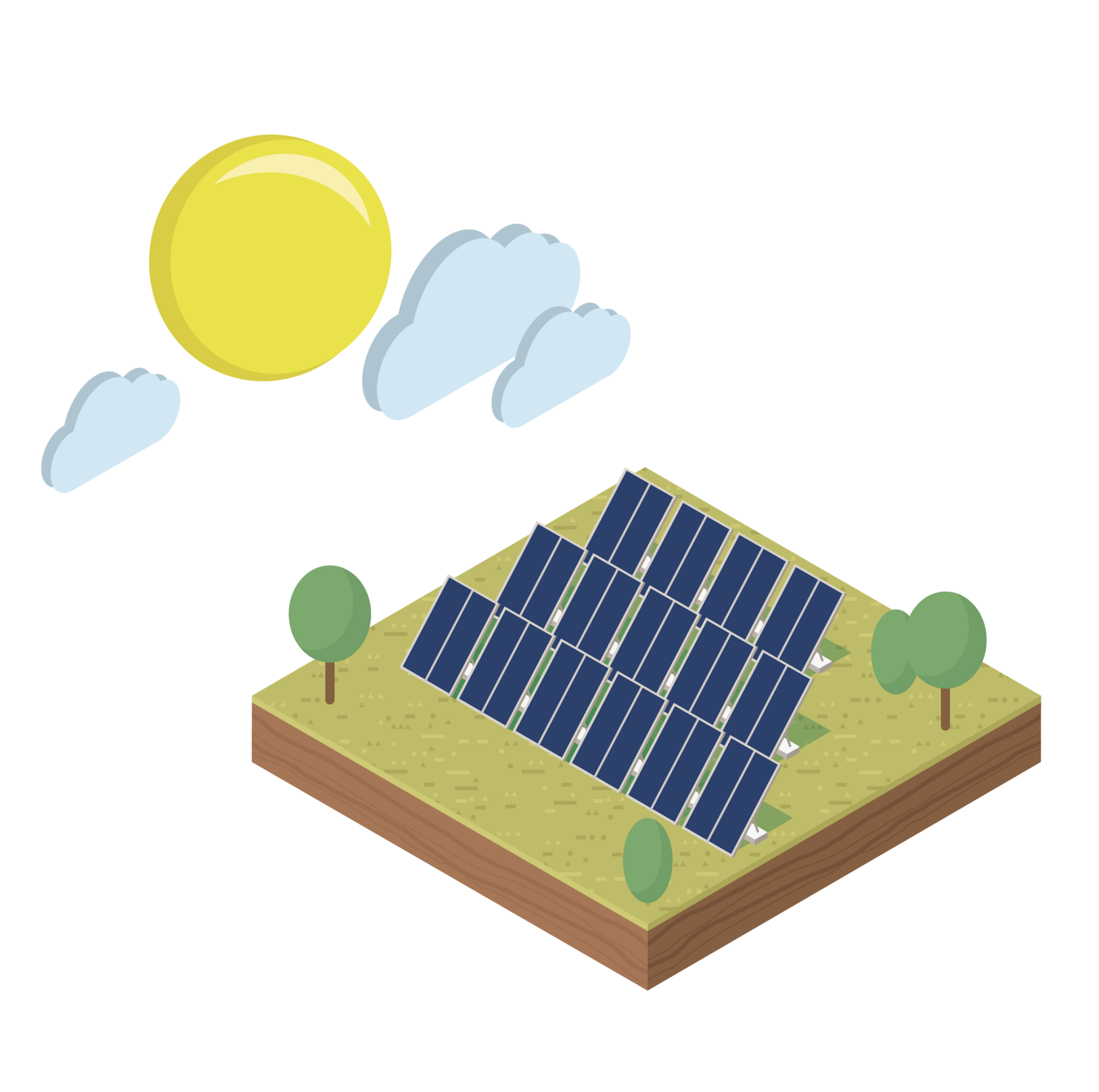What is circular economy?
Circular economy is the very base of Recycling City. In a circular economy, products and their constituents enter a continuous circuit. The “end-of-life” notion is replaced with recycling and upcycling, giving new life to existing products or new use to old materials – time and time again.
Toxins are removed, and all production is based on renewable energy. This means that in circular economy, no resource is lost—instead materials retain their value.
Thus, circular economy is a sustainable financial model ensuring that we can go on thinking big and innovatively without it compromising ourselves or the planet.
The term was first widespread and internationally acknowledged through the Ellen MacArthur Foundation. Several reports have been composed by the foundation, calculating the financial potential of switching to a circular economy. In EU alone, a saving of 3,400 billion DKK a year is estimated if we start reusing just 23% of all which we call trash today.
In a study from the Ellen MacArthur Fund, it is presented that Denmark can obtain an increase of 0,8-1,4 % in GDP, simultaneously giving way to 7,000 – 13,000 new jobs, a reduction of 3-7 % in Denmark’s carbon footprint, 5-50 % reduction in the consumption of new resources for selected materials, and an increase of 3-6 % in net exports.


